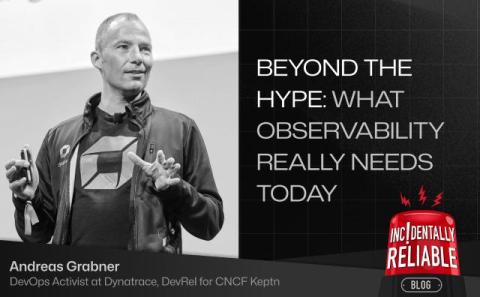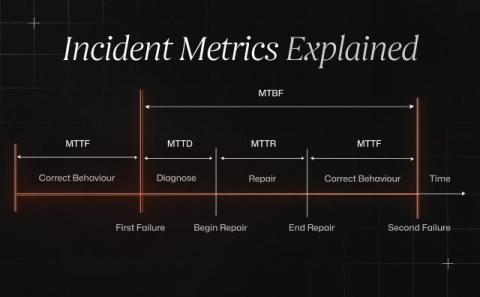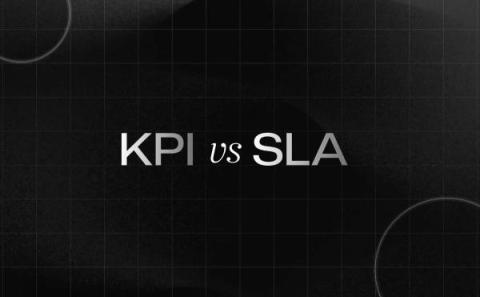Purpose and Goals of Daily Stand-up Meetings
Stand-up meetings are a cornerstone for any engineering team. When done right, they can make a huge difference in keeping everyone on the same page, fostering collaboration, and building a strong team culture. However, getting them right can be a bit tricky. Drawing from our own experience of running engineering stand-ups at Zenduty, and insights from some of the best engineering managers in my network, I'd love to share some tips and insights on how to make your stand-ups effective.











